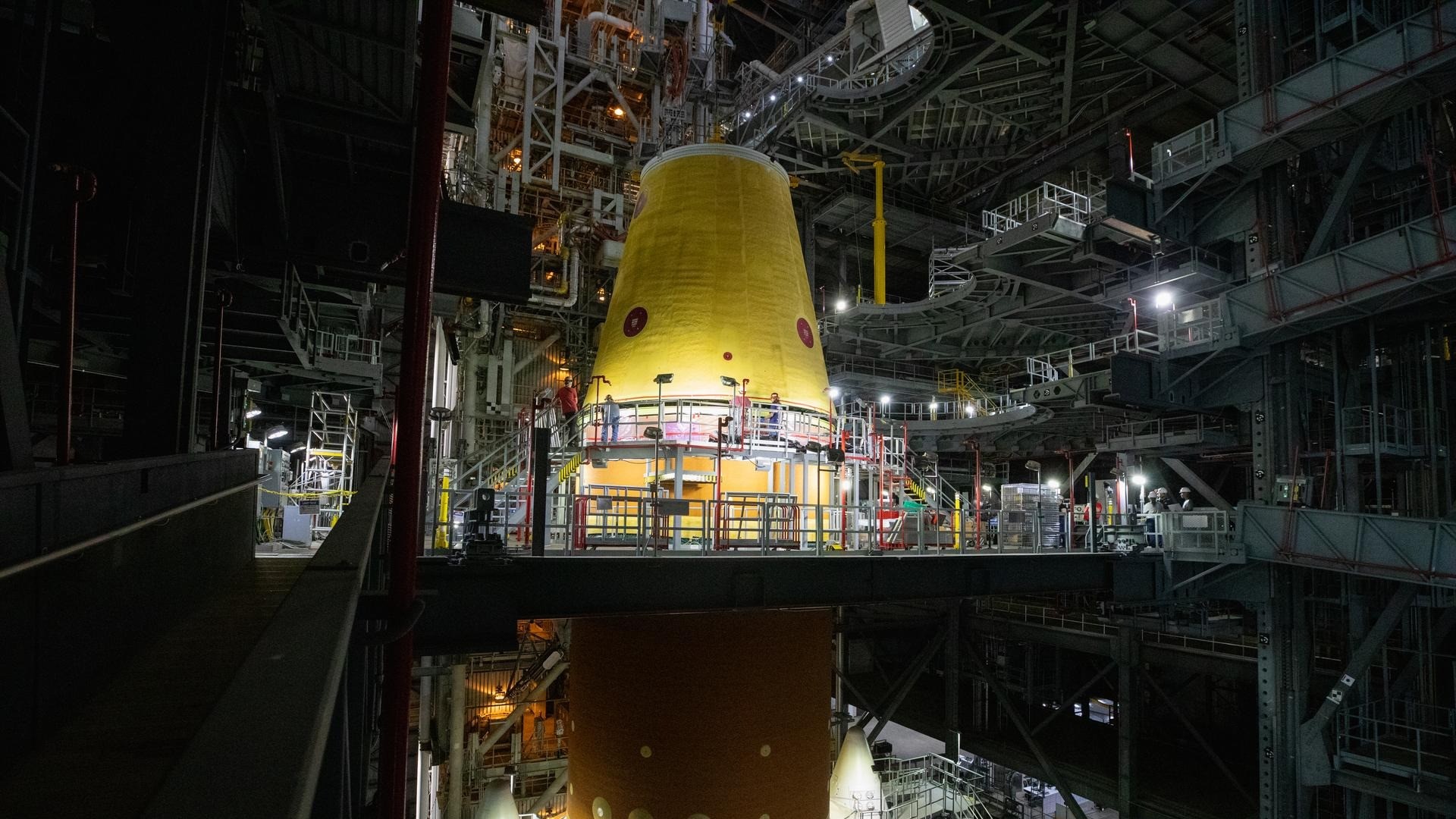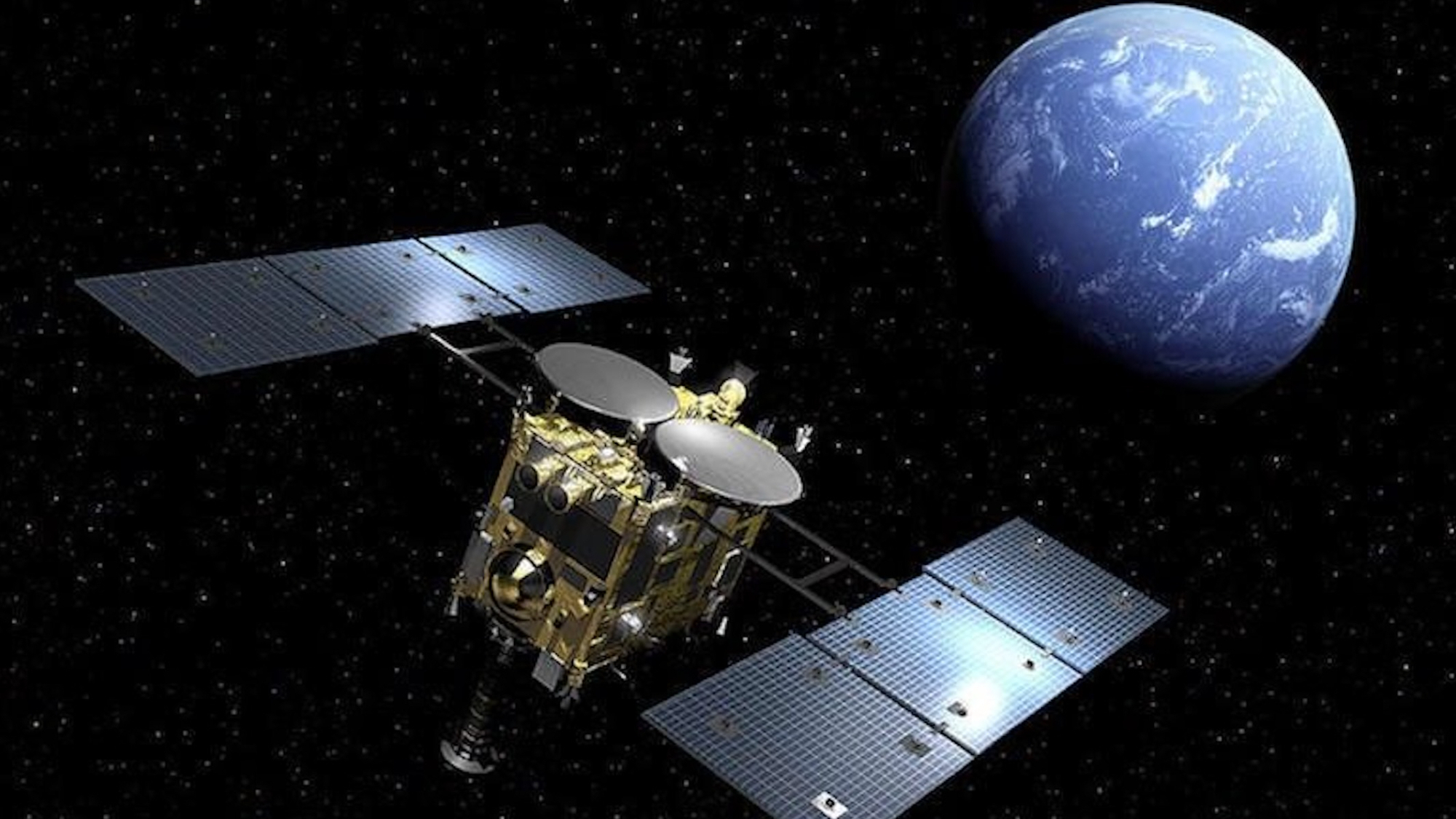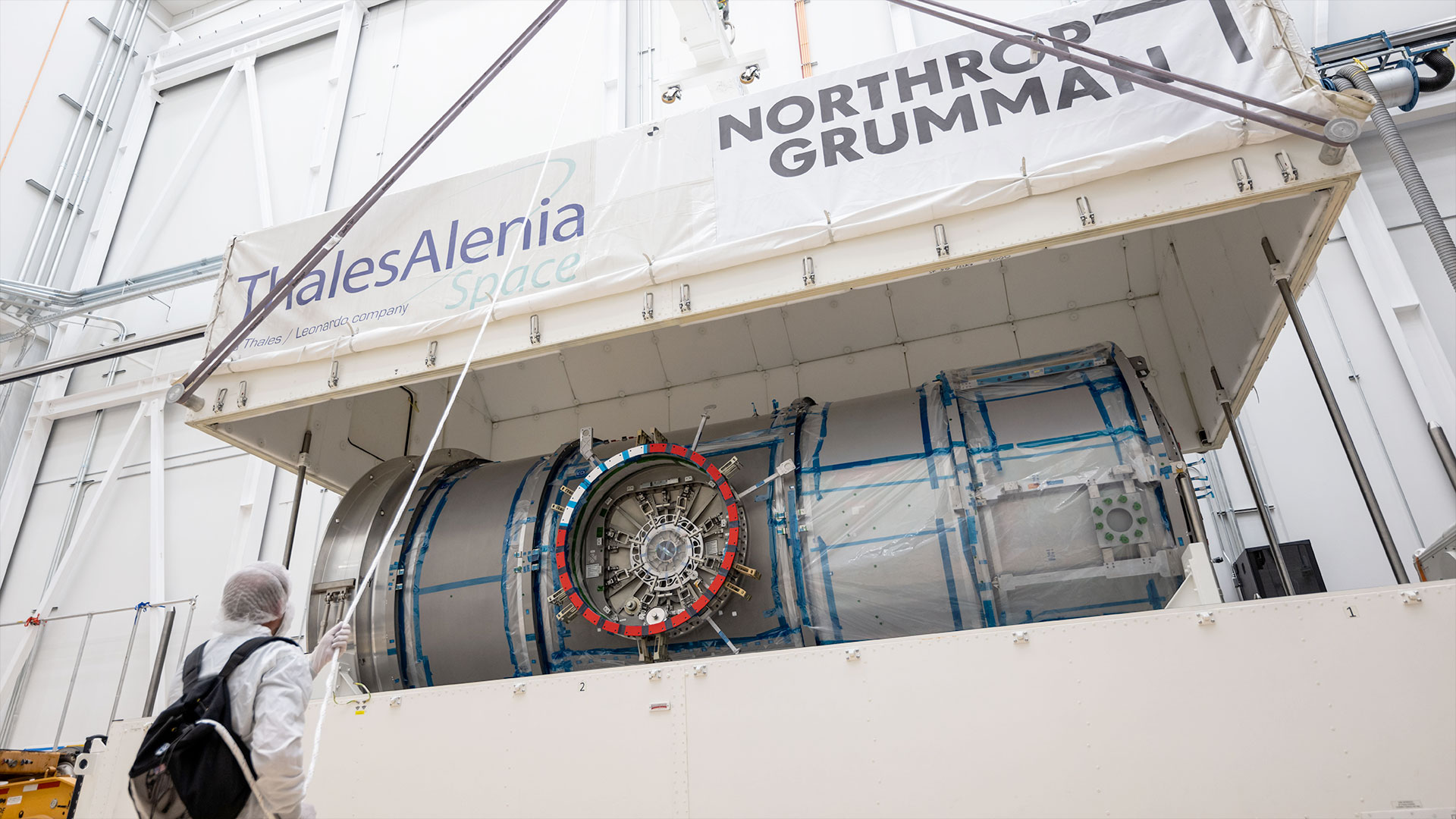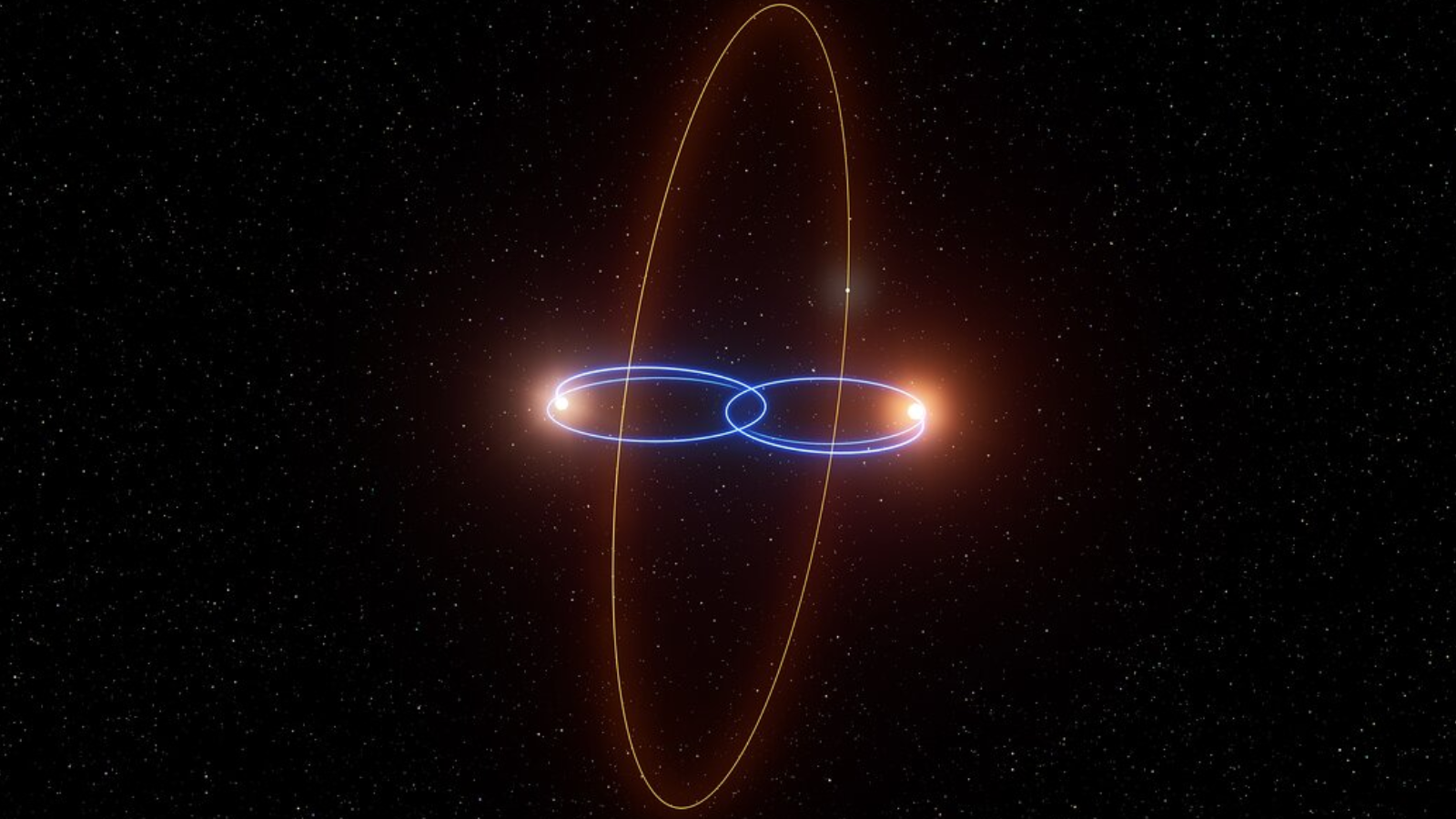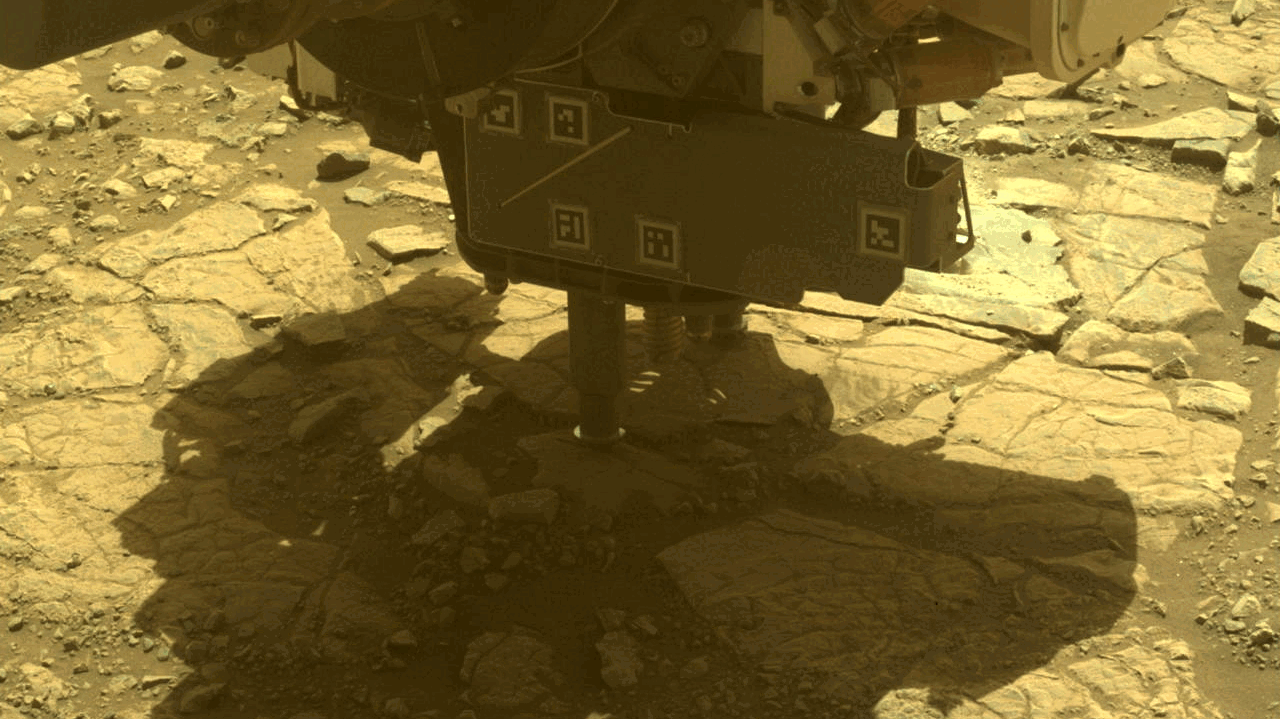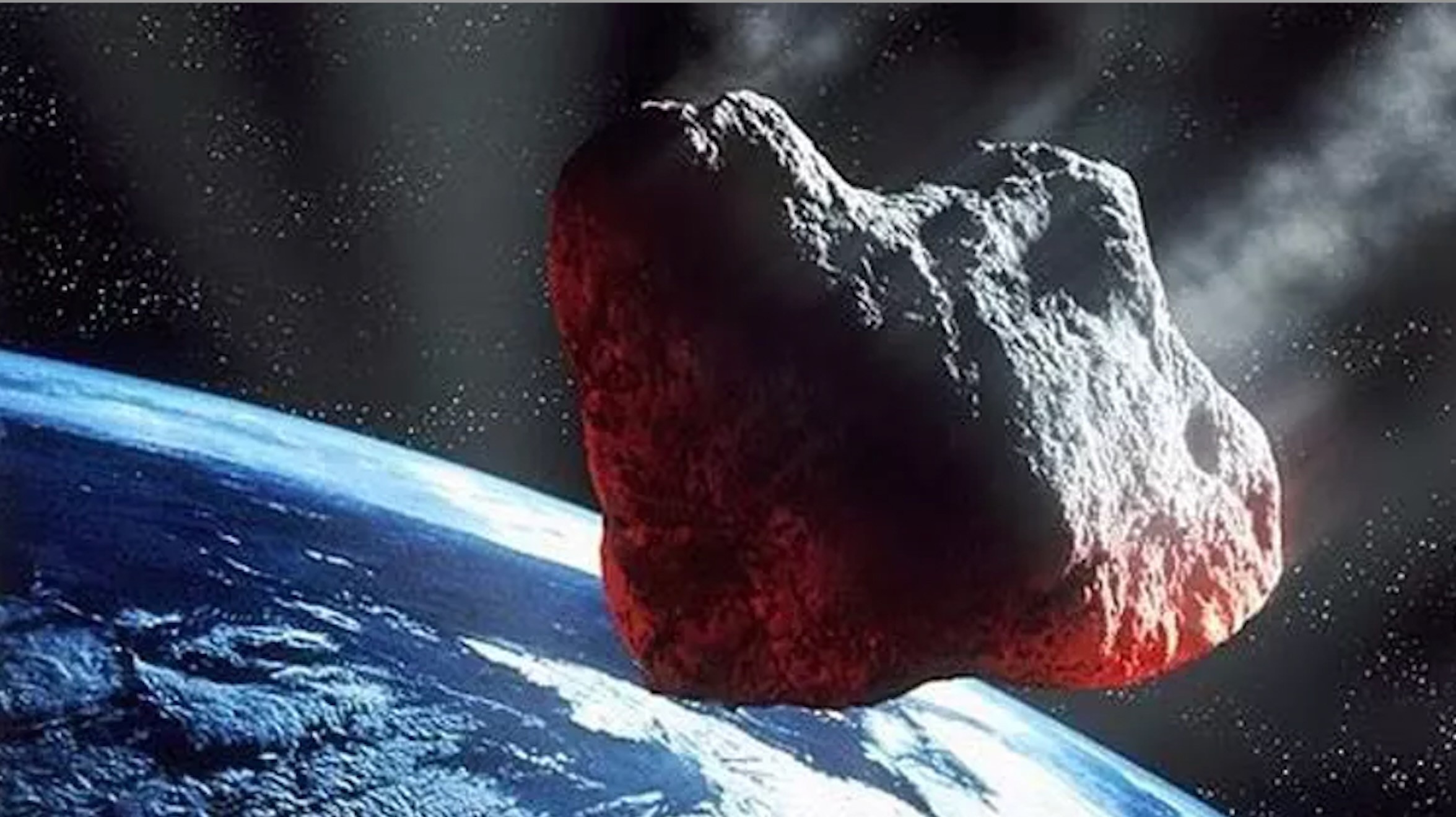Apollo 11 Moon Rock Bag Belongs to Buyer, Not NASA, Judge Rules
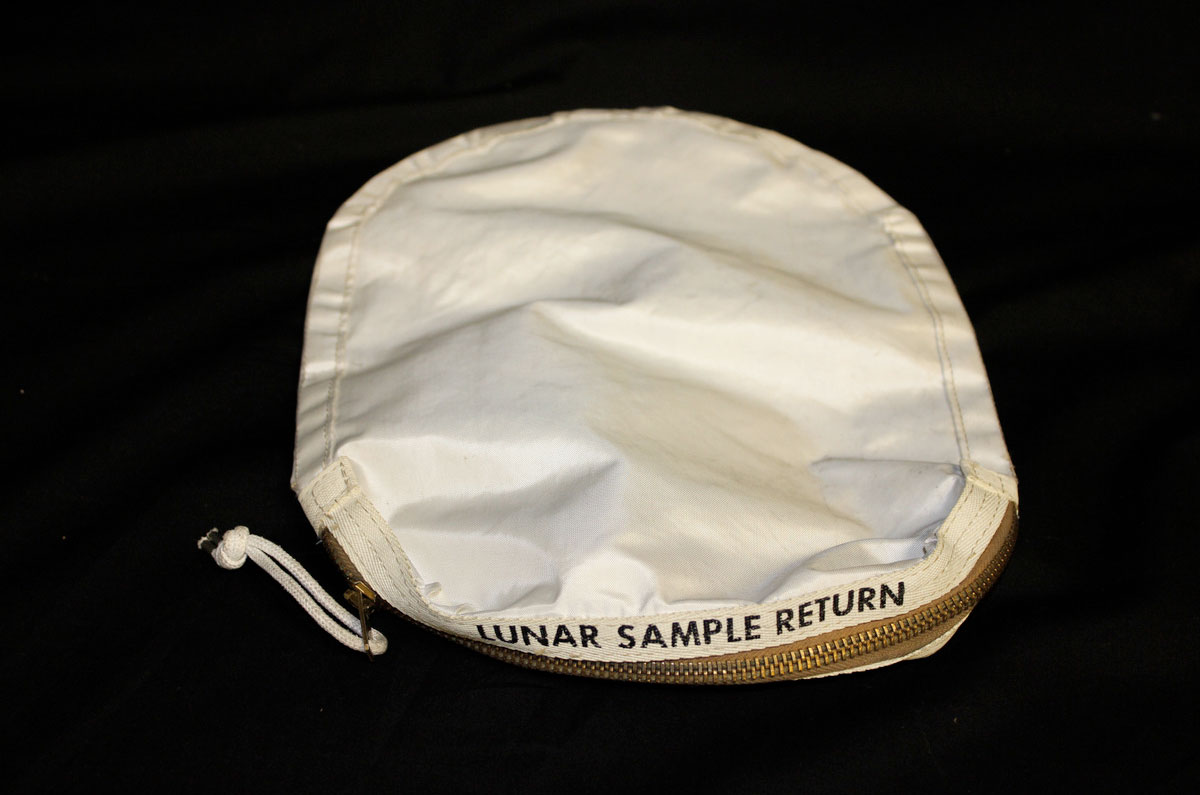
An Illinois woman is the legal owner of an Apollo 11 lunar sample storage bag that was mistakenly sold by the United States government at auction, a judge ruled on Wednesday (Dec. 14).
Judge J. Thomas Marten ruled in the U.S. District Court for Kansas that Nancy Carlson of Inverness, Illinois, obtained the title to the historic artifact as "a good faith purchaser, in a sale conducted according to law." The government had petitioned the court to reverse the sale and return the lunar sample bag to NASA.
"She is entitled to possession of the bag," Marten wrote in his order. [Apollo 11's Scariest Moments: Perils of the 1st Manned Moon Landing]
The zippered cloth pouch, which was labeled in bold black letters "Lunar Sample Return," was used on July 20, 1969, as an "outer decontamination bag" to protect the first moon rocks retrieved from the surface of the moon as they were delivered to Earth by Apollo 11 astronauts Neil Armstrong, Buzz Aldrin and Michael Collins.
Carlson purchased the bag for $995 in February 2015, at a Texas auction held on behalf of the U.S. Marshals Service. The bag had been forfeited along with other artifacts found in the home of Max Ary, a former curator convicted in 2006 of stealing and selling space artifacts that belonged to the Cosmosphere space museum in Hutchinson, Kansas.
Ary, who has maintained his innocence and is now director of the Stafford Air & Space Museum in Oklahoma, served two years in prison and was sentenced to pay more than $132,000 in restitution. The forfeiture of the space artifacts found in his home, including the Apollo 11 bag, was carried out to meet that debt.
But the Apollo 11 bag was incorrectly identified as Ary's.
Get the Space.com Newsletter
Breaking space news, the latest updates on rocket launches, skywatching events and more!
"In a nutshell, the government alleges that due to a mix up in inventory lists and item numbers, the lunar sample bag that was the subject of the April 2014 forfeiture order was mistakenly thought to be a different bag," Marten wrote in his summary of the case. "It alleges that no one, including the United States, realized at the time of forfeiture that this bag was used on Apollo 11."
"[The U.S. government] further alleges that NASA was the owner of the bag but was not given notice of the forfeiture or the sale of the bag," the judge recounted.
The government cited cases where federal courts vacated or amended forfeiture orders, including where inadequate notice was provided to a property owner, as a justification for the bag's return to NASA.
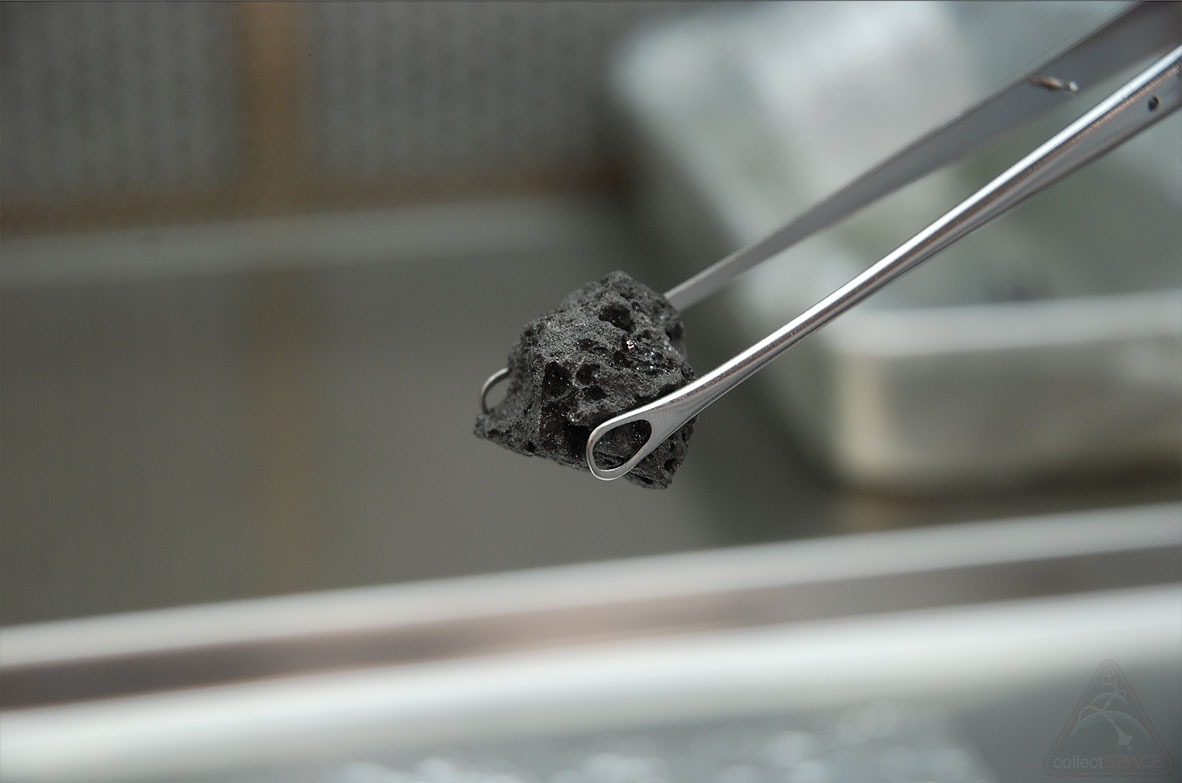
The government's filings however, cited "no instance of a court ordering rescission of a sale to a bona fide purchaser after a final order of forfeiture," Marten stated.
The bag's history was only discovered after Carlson sent the artifact to NASA to be tested for the presence of moon dust. After identifying remnants of lunar material from the Apollo 11 moon landing site, NASA retained custody of the bag and contacted the U.S. Justice Department.
With her title to the bag now ordered by the Kansas court, Carlson needs to file a motion in the U.S. District Court for Texas for its return from NASA's Johnson Space Center in Houston.
Marten stated that "NASA was a victim in this case, not a wrongdoer."
"The importance and desirability of the [lunar sample] bag stems solely and directly from the efforts of the men and women of NASA, whose amazing technical achievements, skill and courage in landing astronauts on the moon and returning them safely [to Earth] have not been replicated in the almost half a century since the Apollo 11 landing," the judge wrote.
"Perhaps that fact, when reconsidered by the parties, will allow them to amicably resolve the dispute in a way that recognizes both of their legitimate interests," Marten wrote.
Follow collectSPACE.com on Facebook and on Twitter at @collectSPACE. Copyright 2016 collectSPACE.com. All rights reserved.
Join our Space Forums to keep talking space on the latest missions, night sky and more! And if you have a news tip, correction or comment, let us know at: community@space.com.

Robert Pearlman is a space historian, journalist and the founder and editor of collectSPACE.com, a daily news publication and community devoted to space history with a particular focus on how and where space exploration intersects with pop culture. Pearlman is also a contributing writer for Space.com and co-author of "Space Stations: The Art, Science, and Reality of Working in Space” published by Smithsonian Books in 2018.In 2009, he was inducted into the U.S. Space Camp Hall of Fame in Huntsville, Alabama. In 2021, he was honored by the American Astronautical Society with the Ordway Award for Sustained Excellence in Spaceflight History. In 2023, the National Space Club Florida Committee recognized Pearlman with the Kolcum News and Communications Award for excellence in telling the space story along the Space Coast and throughout the world.


